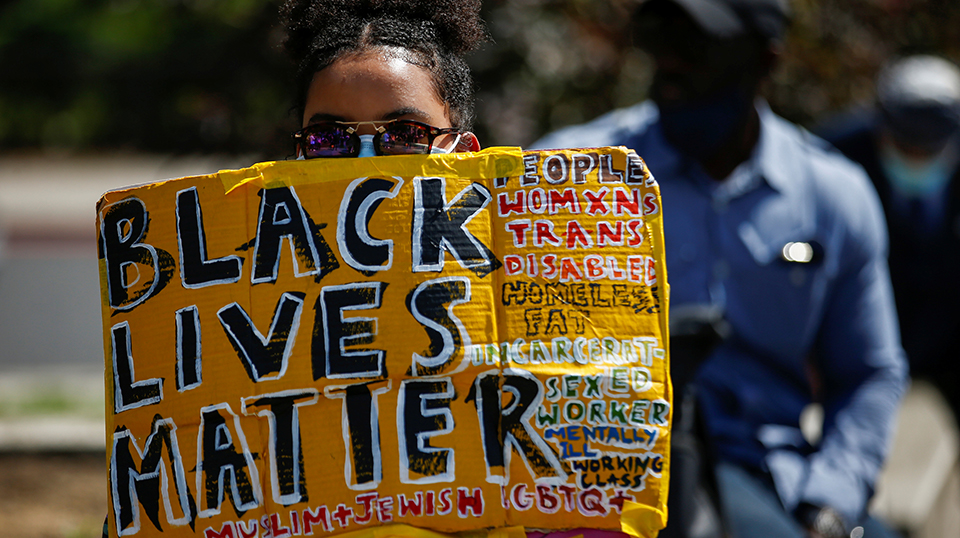To explore the Afro-Latino identity, you first need to understand what this term means.
It’s a term with a complicated history and roots in social activism, that has helped people create safe spaces for themselves within their communities.
Solsiree del Moral, a professor of Black, American, Latinx and Latin American Studies at Amherst University, breaks down the significance of the Afro-Latino identity, its origins, and its role within Black Lives Matter.
The history of Latin America is violent – steeped in war, revolution, and U.S. invasions.
Long story short, it’s complicated. But there is no denying that armed conflict and racism have influenced the region’s immigration patterns, its politics, and societal norms.
As we continue to explore the Afro-Latino identity, let’s start with a couple of questions.
Who are Afro-Latinos? And how did we get here?
To find some answers, let’s explore our origins – and how they have contributed to modern day anti-Blackness.
Although the U.S. and Latin American countries have become independent, and abolished slavery, racism and anti-Blackness have persisted through the generations.
While Latin American nations developed national myths, Dr. Elizabeth Hordge-Freeman, an Associate Professor at the University of South Florida points out, they also encouraged racial mixture. But they did so with the goal of eliminating Blackness.
“Hay que mejorar la raza;” “You have to better the race,” and the idea was to do so by marrying and/or having children with a white person.
But in the absence of explicit laws against marrying Black people or interracial families, how do we still see inequality playing out?
“What’s really powerful about racism is that, once you have convinced people to engage in practices and policies that disadvantage one group, you don’t even have to have negative racial views to perpetuate racism. People learn their place,” says Dr. Hordge-Freeman
But even as Afro-Latino families can reproduce generational whitening, racism and anti-Blackness, they can also try to rebel against it.
She adds, internalizing anti-Blackness is a tool for survival.
So what happens when you rebel?
I’ve been told the task to “better” my race by a few people, at various stages in my life.
Being asked about significant others, marriage, and motherhood is a common occurrence, and the implications of who is seen as “appropriate” didn’t fall too far behind.
As a single woman with no children, these conversations are annoying, but I ignore them. Not everyone can do the same.
The future of Afro-Latino families is evolving. While discussing racism and anti-Blackness can divide families, it can also bring them closer together.
Even though women face more societal pressures to “better the race,” compared to men, and members of the LGBTQ+ community have an added layer of obstacles, the silence surrounding these taboos, help perpetuate them, says Dr. Hordge-Freeman.
In the case of Vanity Duran and her son Zane, her family is making strides toward acceptance.
Vanity and her cousins are looking to the future and how they can educate their children about their Afro-Latino identity.
Hair can be a contentious topic for Afro-Latinos.
Should it be straightened or natural?
What kinds of products do we use?
And how do we take care of it?
As we continue this discussion of the Afro-Latino identity, we explore more phrases besides “mejorar la raza,” (“to better the race”) that originated from racial prejudice and goals of Black erasure, but that have still persisted over decades.
The natural hair journey can be a long one and while Eurocentric beauty standards are not exclusive to Black and Latino communities, for Afro-Latinos – who are often caught in the middle – hair can be a defining factor for identity.
In this final installment to the series, Racial equality through the eyes of an Afro-Latino, April Lanuza reflects on her upbringing as an Afro-Latina in the U.S. in this Opinion piece. Can all lives matter if Black lives don’t?
 CGTN America
CGTN America

